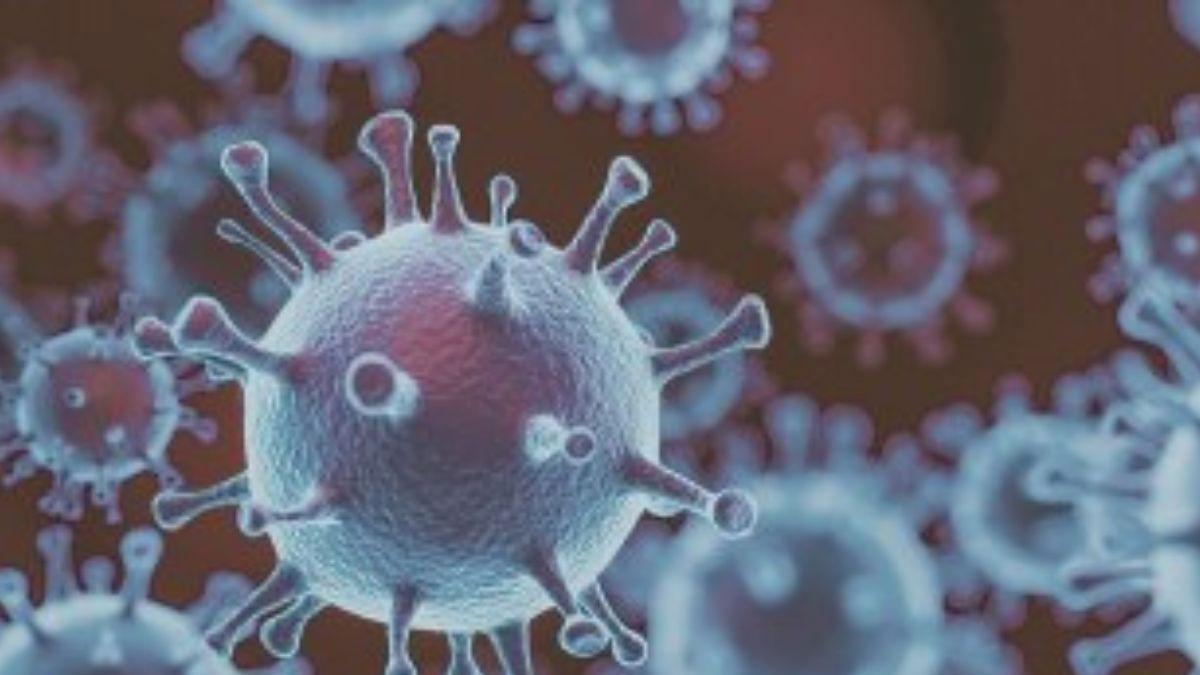A recent study presented at the Conference on Retroviruses and Opportunistic Infections (CROI) has shed light on the prolonged presence of the Covid-19 virus in the bloodstream and tissue of infected individuals long after the acute phase of the illness has subsided. Conducted by researchers from the University of California, San Francisco (UCSF), the study offers valuable insights into the phenomenon of long COVID, where symptoms persist for an extended period.
During the study, scientists discovered remnants of SARS-CoV-2, known as Covid antigens, lingering in the blood for up to 14 months post-infection and persisting for over two years in tissue samples from individuals previously afflicted with Covid-19.
Dr. Michael Peluso, an infectious disease researcher at UCSF, emphasized the significance of these findings, stating, "These two studies provide some of the strongest evidence so far that Covid antigens can persist in some people, even though we think they have normal immune responses."
Initially considered a transient illness, Covid-19 has increasingly manifested as a persistent condition among a subset of patients, including those who were previously in good health. Symptoms such as brain fog, gastrointestinal issues, and vascular complications continue to afflict individuals for months or even years post-recovery.
Examining blood samples from 171 Covid-infected individuals, researchers utilized an ultra-sensitive test to detect the presence of the Covid "spike" protein, a key component facilitating viral entry into human cells. Remarkably, the virus was still detectable up to 14 months after infection in certain individuals, with a higher likelihood observed among those who required hospitalization.
The study revealed that individuals hospitalized for Covid exhibited twice the likelihood of Covid antigen persistence compared to non-hospitalized counterparts. Moreover, individuals reporting severe symptoms, despite not requiring hospitalization, also demonstrated a heightened presence of Covid antigens.
Dr. Peluso expressed confidence in the significance of these associations, suggesting a correlation between symptom severity and viral antigen persistence. Furthermore, the researchers investigated the presence of viral RNA in tissue samples obtained from UCSF's Long Covid Tissue Bank, confirming the persistence of viral remnants for up to two years post-infection.
Although there was no evidence of reinfection, the detection of viral RNA in connective tissue, where immune cells reside, suggests a potential trigger for prolonged immune response and associated complications. Some samples even indicated the presence of active virus particles, prompting further investigation into the role of viral persistence in driving long COVID and its associated health risks, such as cardiovascular events.
Dr. Peluso emphasized the need for additional research to elucidate the link between viral fragments' persistence and the development of long COVID, as well as its potential implications for cardiovascular health.
Read also | Innovative India: Pioneering COVID Vaccines and Lunar Exploration, Says Jaishankar


















